Introduction
Deep well pumps play a crucial role in efficiently extracting water from deep underground sources, catering primarily to agricultural and industrial needs. These pumps are designed to withstand high pressures and deliver water from depths that traditional pumps cannot reach. This detailed overview explores the features, applications, and benefits of deep well pumps.
Features
High Efficiency Motor: Equipped with a powerful motor capable of handling the demands of pumping water from significant depths.
Stainless Steel Construction: Most models feature durable stainless steel bodies and components, ensuring longevity and resistance to corrosion.
Submersible Design: Designed to operate submerged in water, which enhances efficiency and reduces noise during operation.
Multiple Stages: Utilizes multiple impeller stages to increase pressure gradually, making it suitable for deep water extraction.
Applications
Deep well pumps find applications in various sectors:
Agriculture: Essential for irrigation systems in agricultural fields where water needs to be pumped from deep wells to surface reservoirs or directly to fields.
Industrial: Used in industrial processes that require large volumes of water, such as manufacturing, mining, and construction.
Residential: Sometimes employed for residential water supply, particularly in rural areas where access to municipal water systems is limited.
Benefits
Reliability: Known for their robust construction and dependable performance, ensuring continuous water supply even under challenging conditions.
Energy Efficiency: Designed to optimize energy use, reducing operational costs over the pump's lifespan.
Low Maintenance: Minimal maintenance requirements due to durable materials and reliable design.
Versatility: Capable of handling various water types and depths, providing flexibility in application.
Considerations
Installation Depth: Requires careful consideration of well depth to ensure compatibility with the pump's specifications.
Power Supply: Adequate electrical supply must be ensured to match the pump's power requirements.
Regular Inspections: Periodic checks and maintenance are recommended to ensure performance and longevity.
Conclusion
Deep well pumps are indispensable tools in modern water management, offering efficient water extraction solutions for agriculture, industry, and residential use. Their robust design, energy efficiency, and versatility make them a preferred choice for accessing water from deep underground sources. By understanding their features, applications, and benefits, stakeholders can make informed decisions regarding water resource management and infrastructure development.
 English
English عربى
عربى
 Fire Pump and System
Fire Pump and System Split Case Pump
Split Case Pump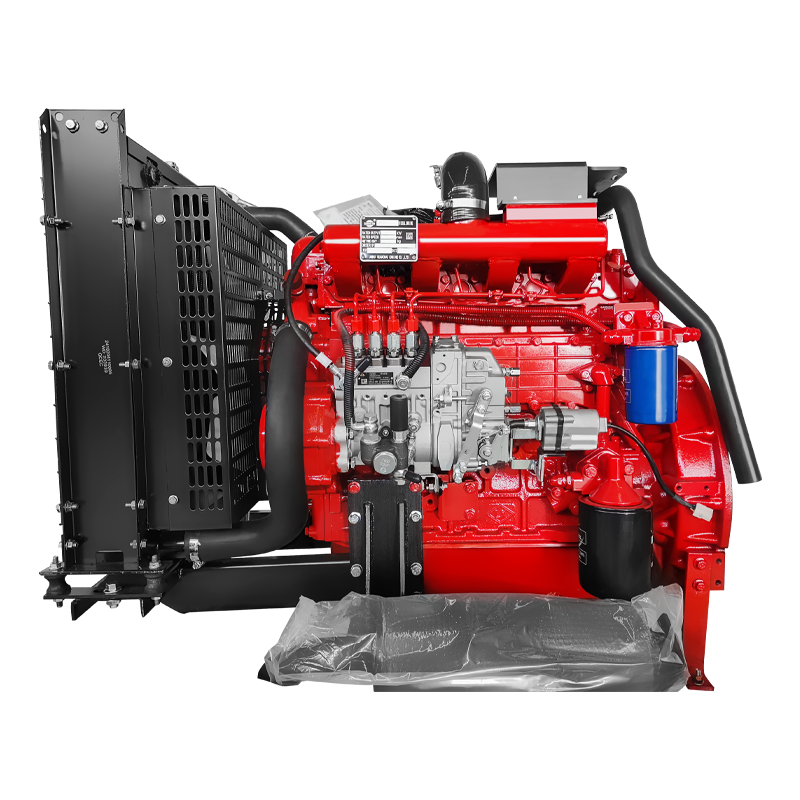 Engine and Pump
Engine and Pump Long Shaft Pump
Long Shaft Pump Multistage pump
Multistage pump Water Supplier System
Water Supplier System Sewage Pump
Sewage Pump Industrial Pump
Industrial Pump Self-Priming Pump
Self-Priming Pump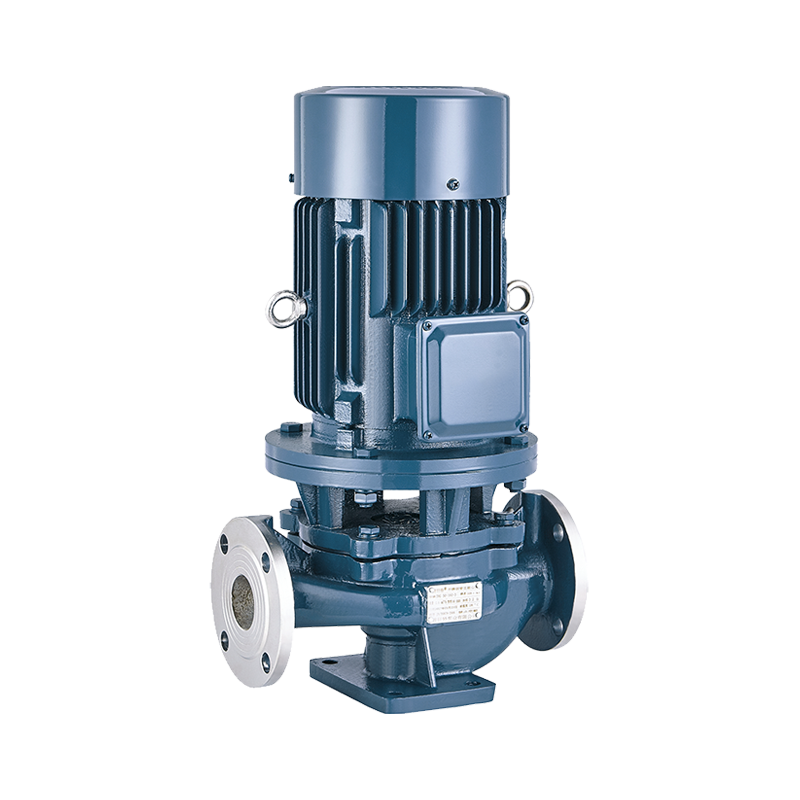 Inline Pump
Inline Pump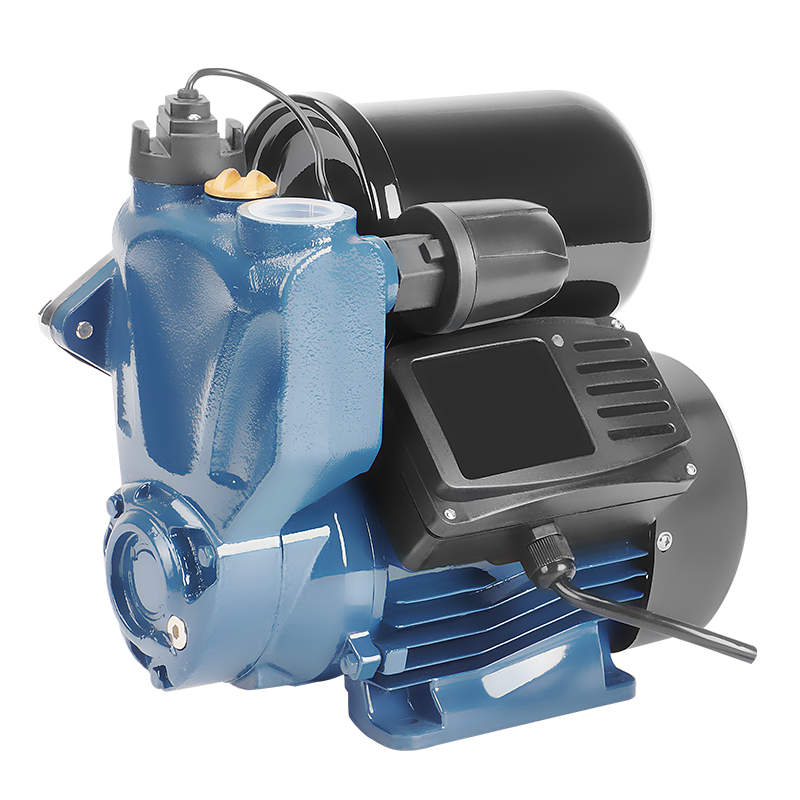 Domestic Pump
Domestic Pump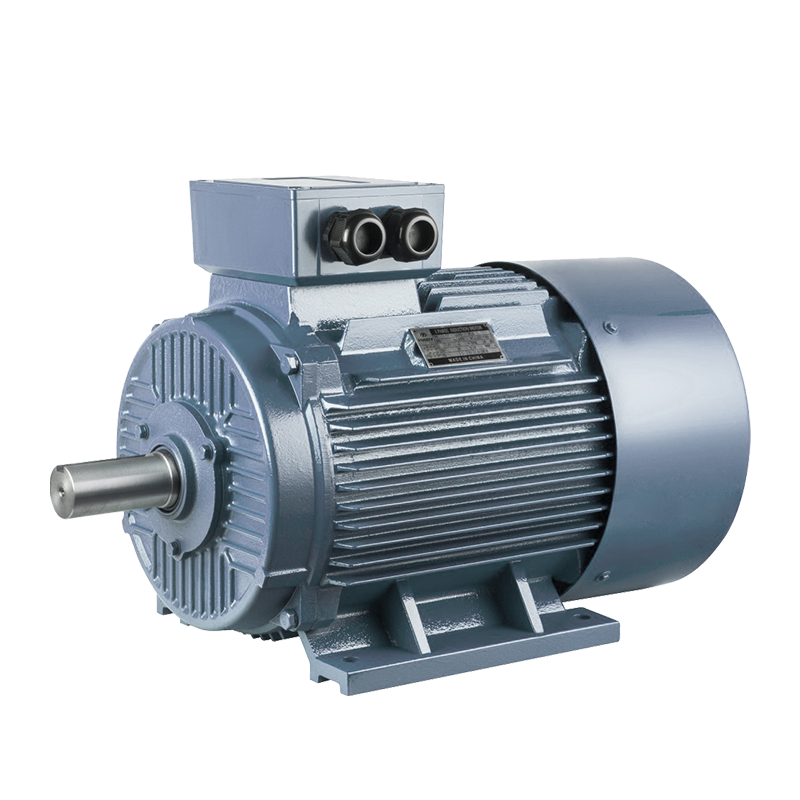 Electric Motor
Electric Motor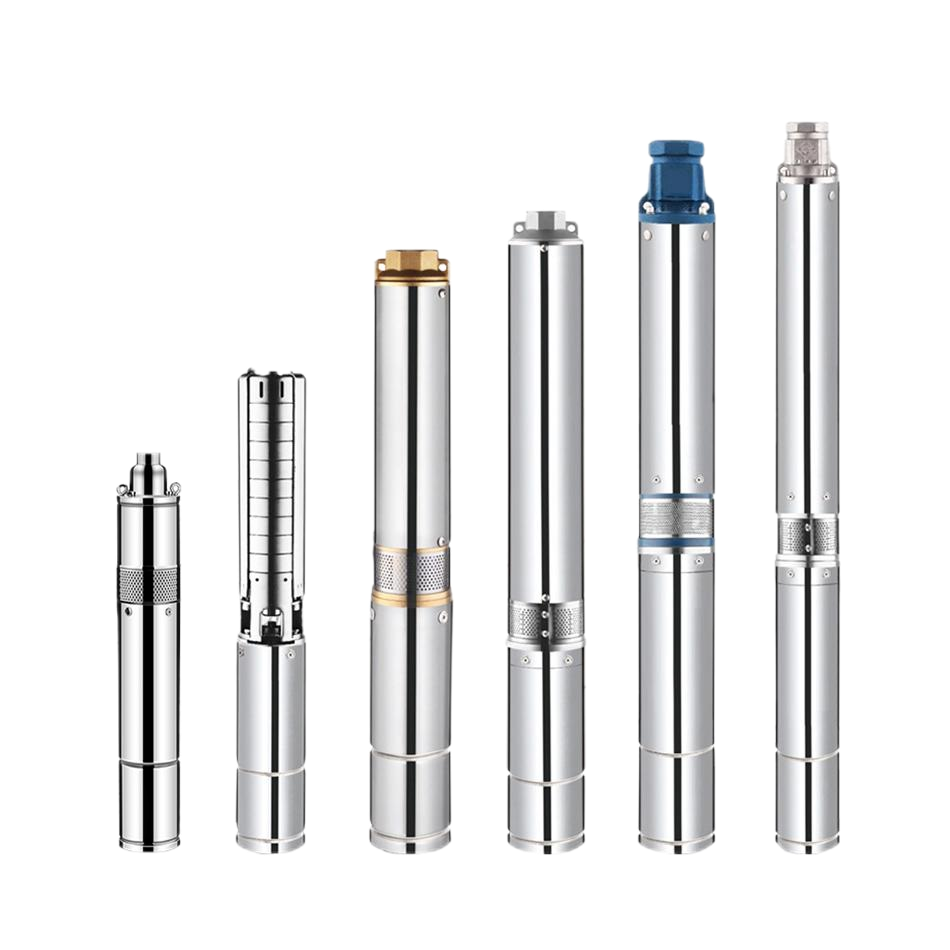 Borehole Pump
Borehole Pump











